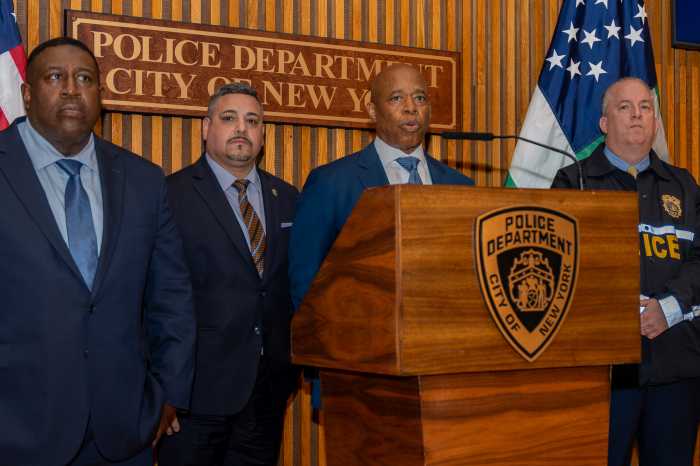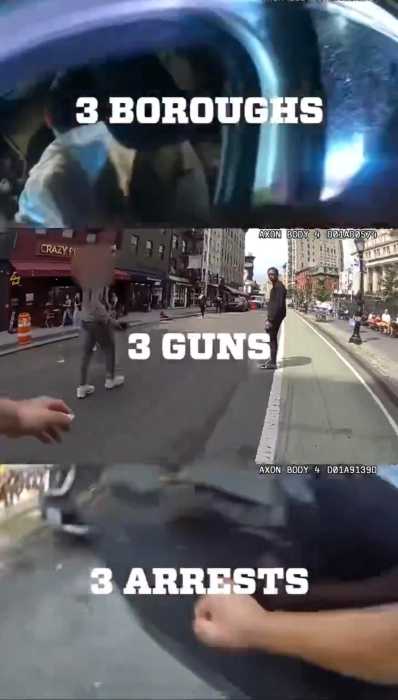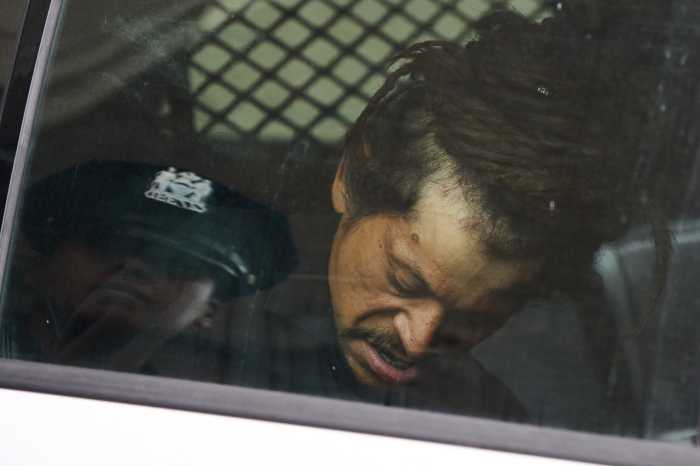
Olga Cook was struck and killed last June while biking across Chamber Street along the Hudson River Greenway. The driver pleaded guilty and was sentenced to 16 months to four years in prison on March 8.
BY COLIN MIXSON
A Manhattan judge slapped New Jersey motorist Samuel Silva with 16 months to four years in prison on March 8 for killing bicyclist Olga Cook last summer at a Battery Park City crossing.
The sentence follows a plea deal Silva made with prosecutors that could have him walking free in as little as four months time, but Cook’s husband is counting on the guilty man’s conscience inflicting a more enduring punishment for taking his wife life.
“The fact that he has to live with what he did, that’s worse than any jail time,” said Travis Maclean.
Silva, 26, was behind the wheel of his truck heading southbound on the West Side Highway last June when he turned west onto Chambers Street, striking the bicyclist as she peddled north along the Hudson River Greenway crossing Chambers Street.
Silva promptly fled the scene, but off-duty MTA police officer Otis Noboa spotted him parked three blocks away and busted the Jersey resident, who prosecutors alleged was drunk at the time of the accident.
His defense maintained that the Jersey motorist intended to phone police before he was nabbed by Noboa, and that tests revealed his blood-alcohol content was below the legal limit, according to lawyer Nicholas Ramcharitar.
But Silva copped a plea offered by prosecutors after Judge James Burke promised to throw the book at the defendant if we went to trial and lost, Ramcharitar said.
“Sam believes this was an accident, but he couldn’t risk seven years in jail as opposed to 16 months. So, after long conversations with him and his family, he decided this was his best option,” said Ramcharitar.
A native of Brazil who immigrated to the States at 9-years old, Silva now also faces the prospect of deportation upon his release — a potentially worse fate than the brief prison sentence awaiting him, according to an attorney representing Maclean in an upcoming civil case against the city.
“Being sent back to a country you hardly know could be worse than the jail time,” said lawyer Daniel Flanzig.
At the sentencing hearing, Silva professed his profound remorse to Maclean, his family, and friends of Cook who gathered in the Manhattan court room, and vowed to aid them in any efforts to increase traffic safety for bicyclists in the city.
“He apologized to the family and everybody,” said Maclean. “His girlfriend came up and gave us hugs, everybody was crying it was very emotional. His family is devastated as much as we are.”
The intersection of Chambers Street and the West Side Highway where Cook was struck has a long history of car accidents, with 17 collisions in the last 5 years resulting in serious injuries, including several involving southbound motorists turning onto the greenway, according to the city.
The Department of Transportation moved quickly to enhance safety at the intersection following Cook’s death, altering traffic-signal patterns in addition to installing new bollards and repainting crosswalks.
But Maclean is pursuing a civil suit against the city and state for not remediating unsafe conditions at the notoriously accident-prone intersection before his wife was killed, contending that both the city and state were well aware of the dangerous conditions in the years leading up to Cook’s death, and thus bear some responsibility.
On that, at least, Silva and Cook’s family are in agreement.
“Not only has counsel for the deceased stated that things need to change at that intersection, but the city recognized that and moved to immediately change the conditions there,” said Ramcharitar.




























